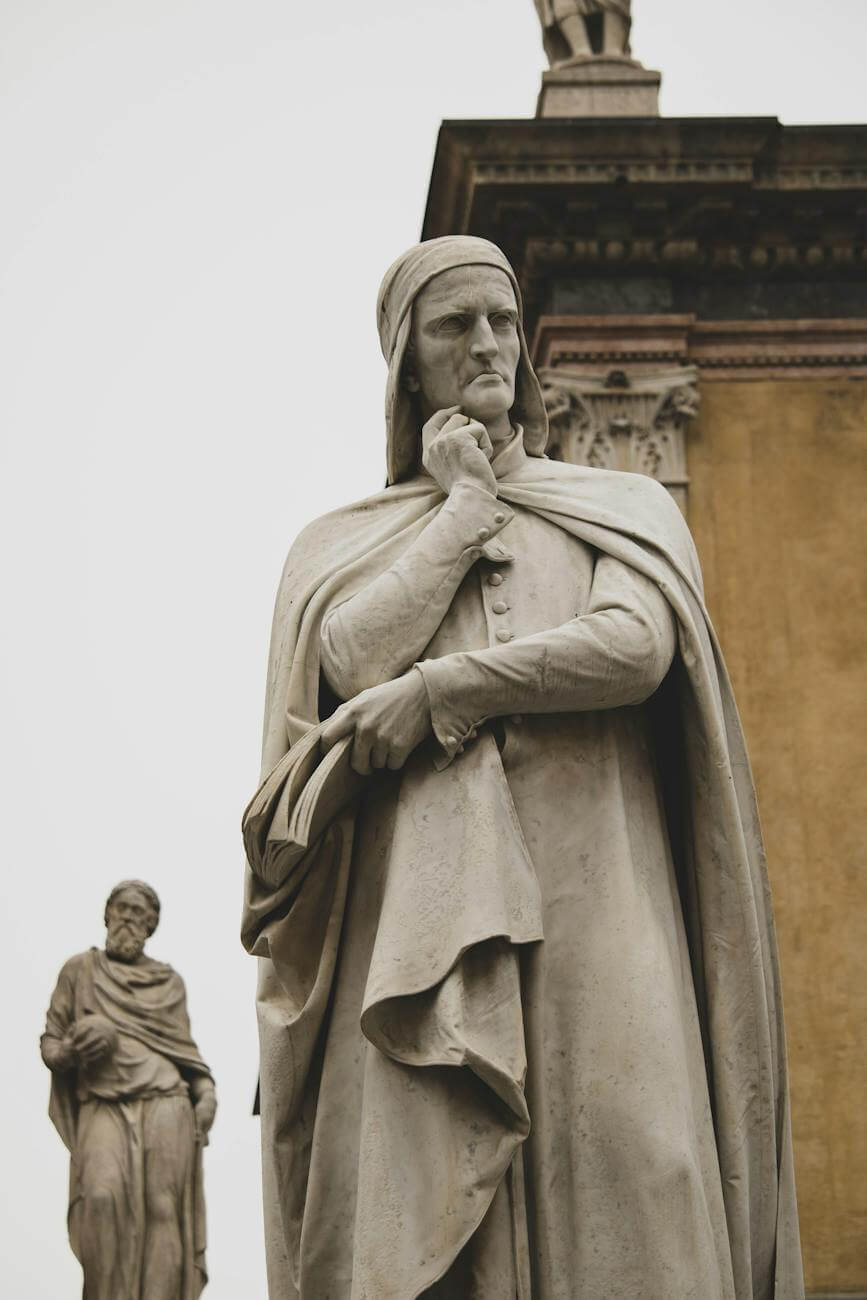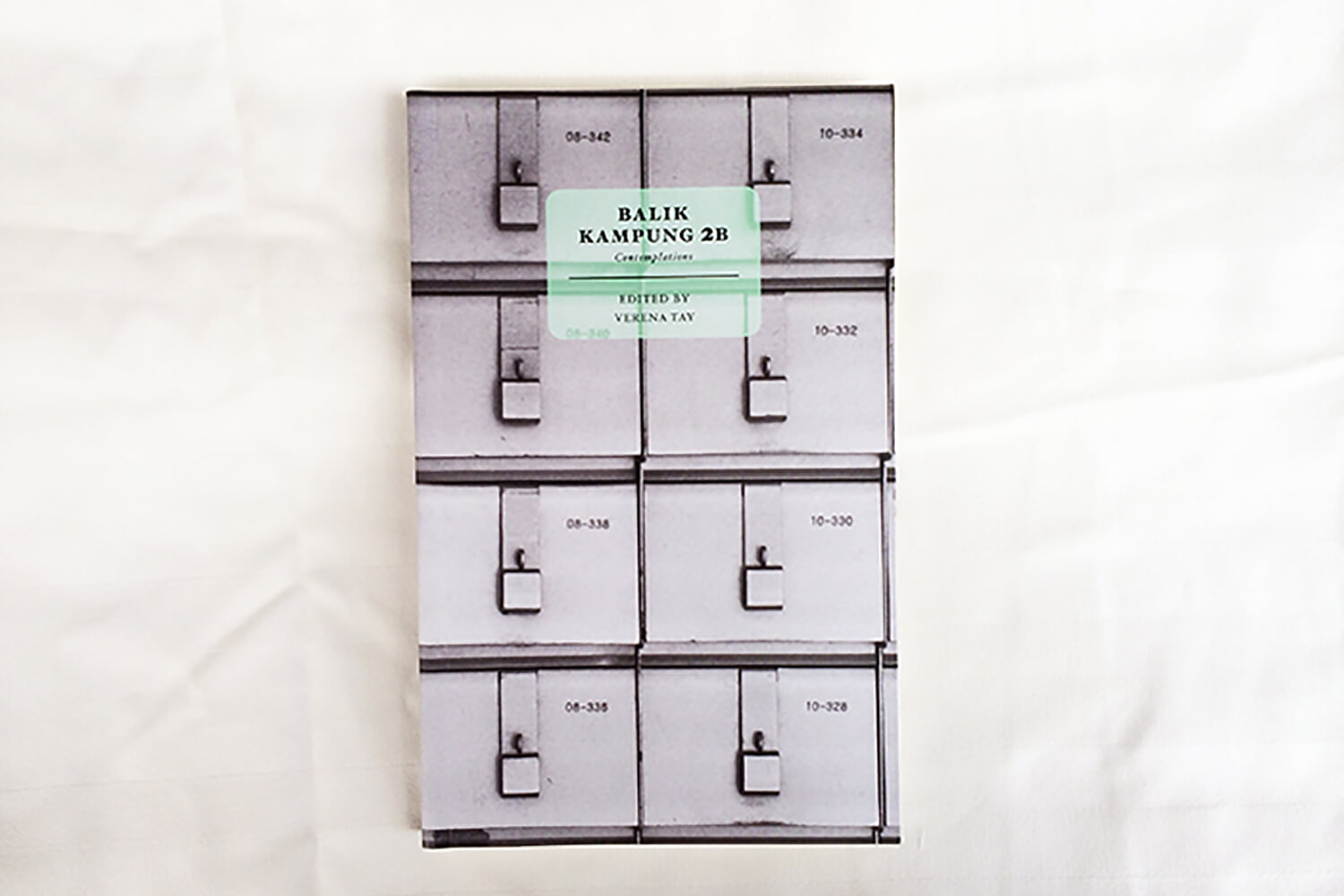
Photo by sadis on Pexels.com
Essay
In the Name: The Power to Be Moved
by Robert Stewart
1.
Homer—the poet, or aggregation of poets, no one really knows but by that name—identified folks in his or her poems by name: Agamemnon, “wide-ruling,” Penelope, “wise one,” and others traceable to myth or history. There is something of the flesh to them. Jesus, being ostensibly of spirit, became flesh, ostensibly for a specific reason—to make an impression on us. Some people call that the greatest story ever told. Other stories compete: So, off went Dante to explore such things, guided by Virgil, Beatrice, and Bernard, because their named flesh could burn, their eyes could see. Centuries on, in our time, poet Sharon Olds could say that she didn’t know what it meant that “he,” meaning Messiah, was born among the lilies. She had only her contextual details—the stable, the myrrh king, the name Mary—allowing her poem “What It Means” to leap time, not for analysis, for feeling.
So, what is this? A poem “The Wind Is Loud,” in a prominent magazine, circa 2020s, applies its refrain, “I think I hear him drowning,” every other line: “he’s drowning,” asserts the poem; “I see him drowning,” unto the end, “I think about him drowning.”
Who is this him? If there were an actual him, the poem would do him a disservice. The poem does not honor a name or a single particular of the drowning him, even were he to have fallen into Dante’s swampy waters, or perhaps the River Lethe, as a metaphor for the rest of us who might, in some way, be drowning in our forgetting. We must make it all up, if we want a story.
“Abstraction is oblivion by design,” says essayist and critic Lewis Hyde. The drowning man, technically a generality, has no physical referents or specificity, which is to say, no character— no sore shoulder from his time in the service, or scar on his leg from an angry cow—and is, as such, functionally abstract, meant, perhaps, to represent a concept I might sort out if I were made to care.
Water murkiness pervades this aesthetic, as in another poem called “The Island,” also in a big-time magazine, in which a woman (I guess) swims around an island “for years,” unable to get to shore. “What a vision, this island,” says the woman. “I swam around it for years. If only I’d thought to swim away.” If only I knew why she was swimming there. The poem exists entirely in the realm of metaphor, technically skillful as it might be. What is behind the curtain of that metaphor? The poet would seem to respond, Let’s keep the reader out of it. I know only enough to offer a prayer, again perhaps, to unknown sufferers everywhere, but that would be my story. Here’s news: Unless a metaphor connects to a literal experience outside of the metaphor, it has no power to move us.
The him in the first poem seems almost to bob up at the end, as if we might see his nose and eyelashes, when the poet says, “Thinking about my father thinking about him / drowning,” unto the end: “I think about him drowning.” Do you get how the poet here uses a run-on sentence to confuse the thinker with the person thinking about the drowning man, thus to ambiguate the situation further and, therefore, to undermine the seriousness of his poem? Is the father drowning or thinking about him / drowning? Obfuscation, itself, becomes the point. What fun, eh? That’s the aesthetic of the indistinct.
“After God formed Adam, and Adam completed his task of endowing all with names,” notes Willis Barnstone in his Restored New Testament, “we find names for deities, people and beasts whose mere utterance implies good or evil, kindness or cruelty, tribal friend or foreign enemy.”
We don’t necessarily need a name for the generalized them in the above poems—the drowning personas of essential abstractness—but readers want and deserve identification, the him of flesh, the her of weary arms: the punch, the line, the kicker, the point. Someone has arrived. In what relationship are we enlisted? By failing to identify the famously obscured personas, as many poems in big-time magazines seem to do, the poets here ask us to fall in love with abstraction. Can’t. Don’t want to. I am suggesting, to paraphrase the great Octavio Paz, that elements of American poetry are being led away from the mythic unity of thought and body.
“There is a woman drowning in the pit of a swimming pool,” announces another poem abruptly in another prominent magazine, which at least rules out Purgatorio. “We discuss this image’s source in popular culture,” the poet then asserts, leaving it there—that’s it— the particular “source” or identity of the drowning woman not discussed at all in the reader’s presence—again, an image with no name or reason—offering only the inoculation of a generic we. “We discuss.” Who is this we? This is not the we laity or the editorial we, bringing readers along with the group, or the royal we, the populous of which would be known. Just we, given no identity with whom we could or could not engage. If readers want a story, they have to make it up.
Poets can be tough-minded, of course. In the poem “Facing It,” Yusef Komunyakaa puts us at the Vietnam Veterans Memorial wall, in Washington, D.C., where, he says, “I go down the 58,022 names,” a poem of precision, “half-expecting to find / my own in letters like smoke,” an emphasis—I get it—on humility and a common humanity, the qualities that define love. “I touch the name Andrew Johnson,” says the speaker, in an impulse that tells me Komunyakaa could not be satisfied with the sum total 58,022—its statistical abstractness—so positions his voice in the singular, the one name evoked, Andrew Johnson, and the “booby trap’s white flash.”
Humans are children of context and particularity. We are communing with each other and asking our literary artists, Who is that? Hamlet? Give us the flesh of Sappho, the arms of Zorba, the voice of Katsimbalis. Change, even, the fisherman Simon (Shimon) to the name Peter (Kefa), the rock, as Barnstone has it and Christ is said in Matthew to have done. Upon this rock, He says. So the Zen scholar R.H. Blyth has written, “The abstract exists, no doubt, but the point is that the mind does not desire the abstract; it desires the thing.”
“Things are in the saddle,” wrote Emerson, “And ride mankind.” A hypocrite is a whited sepulcher, and thus reachable by boat or plane. I offer no theory but practicality. We have art in the first place to wake us up. Art seeks to deliver the experience of intensity. I could say the word “intensity” a thousand times, and it would be better that a single millstone were hung about my neck and cast into the sea. Or an albatross, dear Coleridge.
2.
“Everybody is here,” writes poet Ed Roberson in a 2023 issue of American Poets. “Everybody is in our language, in the culture of poetry.” I wish it were true, sir. He means the authors as everybody, which is pretty much true. I mean their human subjects. I have mourned too often the abstracted authors and their faceless subjects. Who are you, forgotten souls? Forgive me these lamentations. Abstract, general, and assumptive language have a place in writing—to move a poem along, leap time, drop a hint. Penelope is “wise,” after all. Nothing should be off limits to a writer, except, perhaps, fear of exposure, the authors who hide from us their subjects, and editors who enable their hiding. I am saying that facing it—coming out from behind metaphor’s curtain—takes something like guts. It requires writers to get over themselves.
“The only escape is by the practical way,” wrote William James, invoking the lesson of another writer, Thomas Carlyle. “What was the most important thing [Carlyle] said to us?” James asked: “‘Hang your sensibilities! Stop your sniveling complaints, and your equally sniveling raptures! Leave off your general emotional tomfoolery, and get to WORK.’” I define work, in a literary sense, as pushing back the sand and showing the jaw and fingers.
Here it is. In a passage from A Little Book on the Human Shadow, its author, Robert Bly, invokes William James, much as James invoked Carlyle. We are, again, stepping across time. “William James warned his students,” Bly says, “that a certain kind of mindset was approaching the West—it could hardly be called a way of thought—in which no physical details are noticed. Fingernails are not noticed. Trees in the plural are mentioned, but no particular tree is ever loved, nor where it stands. The hair in the ear is not noticed.”
Years after Bly wrote that, I read a poem about love by Charlie Smith, “Illustrated Guide to Familiar American Trees,” and, yes, Smith gets to work. No sniveling raptures: He pictures himself in New York, on Bank Street, wishing he could see his ex-wife again, though she has moved away. He struggles for connection but does not say struggle. Smith remembers four particular trees on her old block—a cypress, two honey locusts, and an oak, not general and forested but evoked in the particular punch of love that concludes the poem. “I love those trees,” he says, “like my own brothers.”
I am worried about poets, sometimes, their unaccountable attraction to abstraction. In a 2021 edition of Harper’s, Ocean Vuong has his October leaves, wild rye, even an uncle who “never killed himself,” letting the mystery work on us, which is fine. Why negotiate to say, then, “a hawk up there thought nothing of its wings.” Must we readers gather, now, our sniveling raptures? There is much folks know and don’t know about a hawk, be it Cooper’s or Red Tail. I have witnessed the speed with which one could take a chicken. However, we don’t know, say the Zen masters, what a hawk knows, or what a hawk thinks. To say we do, leaves us—readers and hawks alike—stripped of flesh. Withheld of authentic life.
3.
“It is as difficult to appropriate the thoughts of others,” wrote Emerson, “as to invent.” To assume to know what a hawk thinks of, one would have to want the universe to be other than it is. The Zen masters would call this impiety, failure of gratitude for what has been given us, a gift refused, not good enough. I suspect that Mr. Vuong understood this principle in some way, for right off, he returns to the landscape of plausible things, Jonah, the burning hills of California. I can’t say if the poem returns too late, but a poem must move along. It has no time for a single assumption.
Poet Joshua Weiner confessed to another poet, Claudia Rankine, that he had “e-raced” the central character from one of his poems, an effacement Weiner blamed on his own race-based assumptions. Rankine wrote about the interchange in an essay, “In Our Way: Racism and Creative Writing.”
“When I [reread] the first line [of my poem ‘Cloak’] that ends with ‘riot,’” Weiner reported to Rankine, “that’s when I realized there was a whole social history behind that word [“riot”] that was personal, and Howie was back there behind it.” You might ask, Who is this Howie, and why bring him up? I read the poem “Cloak” several times and found neither “Howie” nor anything about Howie in Weiner’s poem. The poem was meant to conjure an experience of racial confrontation, a fight, although I could find no evidence of such an event in the poem. To say that the confrontation appears there, based on the word “riot” in the opening line, or in the “explosion” of white dogwood petals in a later line, is a stretch I, at least, could not make.
The reason Howie had been, in biblical terms, disowned, given the original version of the poem—already published—both the poet and Rankine assert, is because Howie, albeit central to the events of the poem, is black and therefore, as Weiner says, “e-raced,” i.e., erased. Facing him, giving Howie a role, in this racialized postulate, would, the poet asserts, have threatened his own veiled superiority as a white male. Instead, the poet had interred himself and Howie behind a metaphor, a code too personal for me, at least, an outsider, to crack. The poem appeared in print because, no doubt, of its stunning imagery, where “Beneath / the dogwood’s white explosion, fragrance / of milk floated down and floated up,” and a reader wants more of that. A reader also might wonder, what else could be happening?
“Weiner went back to his originating creative impulse,” Rankine then says in her essay about this matter. She means he rewrote the poem. The revised version of the poem introduces not only Howie, who moves from behind to inside the poem but other incidents, as well. The candor that results—of a poet willing to confront the details of the experience—can be termed, perhaps to the dismay of some poets, the story.
Weiner’s second version of “Cloak” is no ponderous, wordy narrative; it simply exposes connections a reader could follow to enter the poem, and, to paraphrase Rankine, gives the lyricism something to push against. Now, we have one day in May, as the poet says, “my friend Howie’s cousin picked a fight / because I was white?” Notice the question: It signals the poet’s refusal to make easy assumptions, which results, finally—through rethinking the nature of the poem—in material sufficient for true emotional engagement:
. . . Not good
at fighting, either, not good enough at
friendship, Howie, our skin
tingled with riot in warm air
outside Trenton, 1978 now kids bussed in
and cops on the high school roof, even in suburbia
with all those trees their dogs
their rifles . . .
Here, as Charles Wright would say, is the associational structure, where the reader can participate in the moral, spiritual dilemma. It is not narrative I defend—being a lover of the lyric, the leap, illusion, and allusion—but another principle: “To be an artist,” says the filmmaker Akira Kurosawa, “means never to avert your eyes.” The poet, whose woman swims “for years” around a metaphorical island, averted her eyes from the literal concern. In the first version of “Cloak,” Weiner averted his eyes. For him to then reconsider and name things in this way takes guts, yes, but Wiener’s self-directed impulse represents something more fundamental. He chose to remain unsatisfied with evasion. He chose to see.
About the Author
 Robert Stewart’s 2023 book of poems Higher won Prize Americana. His book of essays Outside Language (Helicon Nine Editions) was a finalist for the PEN Center USA Literary Awards and winner of the Thorpe Menn Award; other books include The Narrow Gate: Writing, Art, & Values (essays, Serving House Books), and others. He won a National Magazine Award for editing while editor-in-chief of New Letters magazine at the University of Missouri-Kansas City.
Robert Stewart’s 2023 book of poems Higher won Prize Americana. His book of essays Outside Language (Helicon Nine Editions) was a finalist for the PEN Center USA Literary Awards and winner of the Thorpe Menn Award; other books include The Narrow Gate: Writing, Art, & Values (essays, Serving House Books), and others. He won a National Magazine Award for editing while editor-in-chief of New Letters magazine at the University of Missouri-Kansas City.



